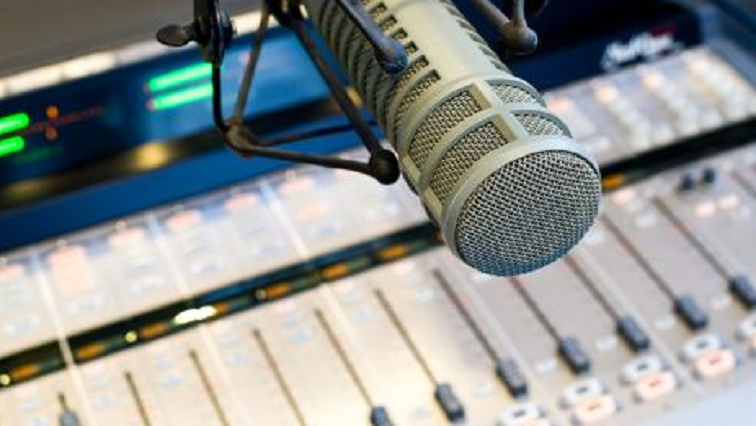Khoza says before you sign, you need to understand the law, and the attached clauses which should be fair and balanced for both parties.
“A lot of artists right now are exposed to dangerous circumstances with no income coming in. Some depend on loans and it is even on loans they can get exploited because of the terms and conditions. It’s one thing to be known everywhere and be popular, but it’s another thing to be earning equally relevant to your work and fame (sic).”
Artist and music producer, Sean Pages, says artists are so quick to record, but never register their songs so they can get royalties should they get airplay.
He says while this is the first step, there is a long list of things to check.
“Who is going to be the owner of the song? How much of the song is he going to own, and are they going to get paid for collaborating in the song? Some are not getting their royalties because of the contracts they signed. They could have signed away their publishing rights to the label or management. They sign today and 5 years later they are crying.”
He advises artists to take time and research, get legal advice or speak to those that have walked the path before them for knowledge.
However, it’s not all black and white. There are multiple layers to the creation of the song and ownership. Who wrote the lyrics? Who composed the melody? The producer; idea behind the music; hiring of recording studio; performance of the song. All that should be noted on a split sheet signed by all parties involved before leaving the studio.
General Manager at Sheer Publishing, Karabo Motijoane, better known as “Mr K”, says its important to know the terms of the contract and the purpose of the deal.
“A licensing deal or distribution deal means you own the master recording. It means you have paid for the recording and you own it. More administration is on your side than a label. But if you are an artist signed to a record label, there’s less admin involved. The record company owns everything that you do. They will pay you based on what you agreed on. They have to deduct the money that they spent before they can even pay you.”
Mr K says it is only through understanding this that you can protect your rights and creation and begin to collect royalties from collecting societies.
He advises artists to secure their royalties through Samro who collects from broadcasters and other entities that play music.
“That money gets paid to the songwriter. The second part is mechanical royalties based on the copy of the copy being made. It’s either digital or physical. The last part is synchronisation royalties. That’s the placement of music to an advert or film. You need to have a different deal for that. You get paid for them whatever you charge them for intellectual property.”
Protect your song, have a song split sheet and International Standard Recording Code from Risa, so when anyone uses the song, it will be recognized. Notify all royalty collecting societies on time.
SABC reaches consensus with Sampra, Impra on payment of needletime royalties:
Meanwhile, the SABC and the Collecting Societies, South African Music Performance Rights Association (Sampra) and Independent Music Performance Rights Association (Impra) have agreed to embark on an arbitration process to resolve the legal dispute on the allocation of needle time royalties.
In order to help bring relief to the beneficiaries of needletime royalties, the SABC has decided to make an advance payment to Sampra and Impra.
The video below discusses the issue of royalties:






